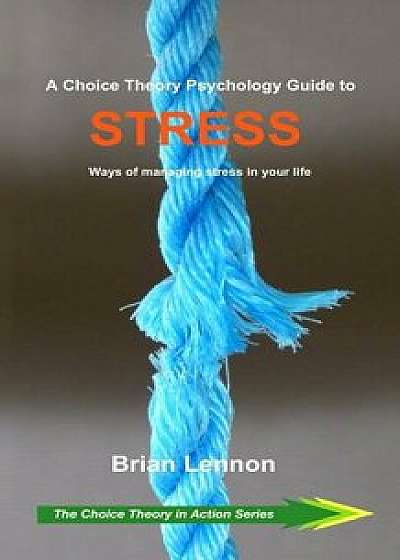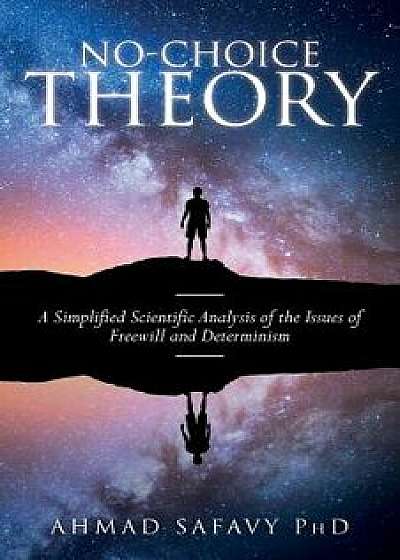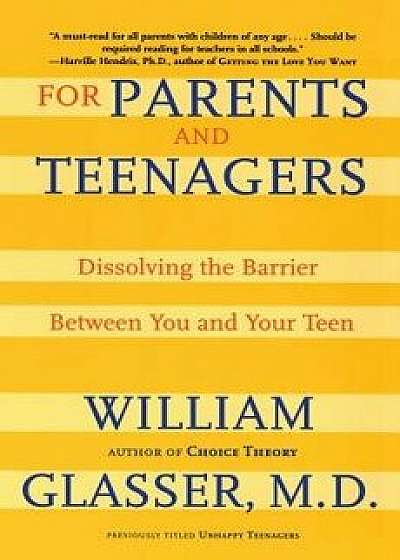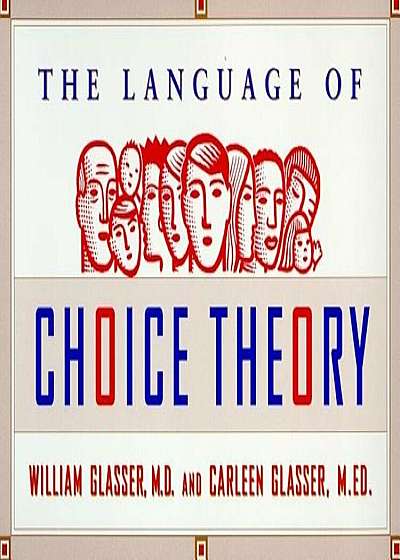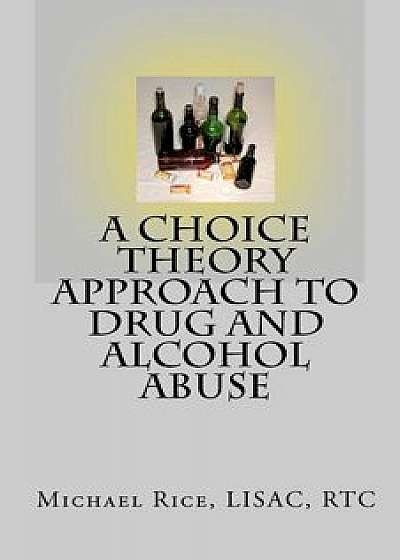
A Choice Theory Approach to Drug and Alcohol Abuse/Michael Rice Lisac
Descriere
Description Choice Theory takes a look at the abuser/addict's behavior and deals with the client's unhappiness as the cause of their use and reliance on a substance to deal with stress and unwanted emotions. Constant use ultimately leads to eventual dependence as a result of the body's adjustment to living with a drug that is continuously being introduced into the body and brain. Michael emphatically states: "A mental illness? NO A character disorder? Not a chance Substance abuse/dependence is no more than an individual's desire to satisfy an uncomfortable situation with a more comfortable state of mind, physically and mentally, and as a result, the body has become accustomed to it and has adjusted to it's prevalence in the body and brain." The Choice Theory approach deals with creating new or reconnecting relationships with the important people in one's life as well as learning new methods to deal with unhappiness instead of trying to satisfy it with short term pleasure from a drug. About the Author Michael Rice is a Licensed Independent Substance Abuse Counselor who is certified in Reality Therapy and Choice Theory by the William Glasser Institute. Choice Theory differentiates from conventional psychiatry that diagnoses mental illness and brain disorders for conditions that have no pathology and are treated with psychotropic medications. Choice Theory is based upon personal choices, personal responsibility, and personal transformation. What is being diagnosed and medicated as a mental illness is, in reality, the behavior of someone who is acting out of frustration and unhappiness. The unhappiness and frustration is the result of an unsatisfying relationship with someone important to them . . . something that is occurring in the present. The frustration and unhappiness is the result of several unsuccessful attempts to control a situation that will result in an acceptable relationship. The relationship problem may also be the client's own relationship with him/herself.
